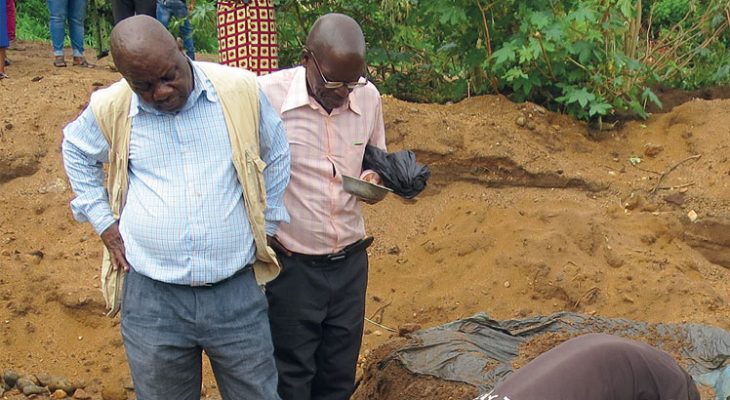
Malawi’s Golden Opportunity: Mitigating Export Risks, Maximizing Business Potential
Key Business Points
- Stabilize foreign exchange reserves by taking advantage of the 20% surge in gold prices, which can be done by formalizing artisanal and small-scale mining to mitigate risks and ensure fair value for miners.
- Capitalize on declining energy prices to ease transport and production costs, helping contain inflationary pressures, but be cautious of supply chain stability and exchange rate fluctuations.
- Enhance competitiveness in agricultural exports by improving tea quality, securing better certifications, and diversifying market access, particularly in the coffee sector where global Arabica prices have strengthened significantly.
Malawi’s business community is set to benefit from positive shifts in global commodity prices, according to a new report by the Export Development Fund (EDF). The report highlights a surge in gold prices, which has strengthened the country’s foreign exchange reserves and offers improved earnings for small-scale miners. Precious metals, particularly gold, have seen a substantial price rise of about 20 percent since January 2025, contributing to an improved foreign reserves position at the Reserve Bank of Malawi (RBM) and creating opportunities to boost export earnings through formalized mining.
The EDF report notes that higher gold prices present a valuable opportunity for Malawi to strengthen its foreign exchange position. However, there remains a need to formalize artisanal and small-scale mining to mitigate risks such as smuggling and ensure that miners capture fair value. By holding gold, central banks can protect their purchasing power against inflation, which can erode the value of fiat currencies over time. Maleta Gems and Jewels founder and executive director Percy Maleta hailed the central bank for investing in the gold reserves, citing the substantial gain from buying gold at K60 000 and selling it at close to K140 000.
In addition to the gold price surge, Malawi is also benefiting from a decline in global energy prices, with the EDF noting a 19 percent fall in the energy price index since January. This is expected to ease transport and production costs domestically, helping contain inflationary pressures. However, the report cautions that the extent of relief will depend on the stability of fuel supply chains and the exchange rate environment. Agricultural exports present a mixed picture, with global Arabica coffee prices strengthening significantly in recent months, offering an opportunity for Malawi’s coffee producers to secure better earnings in premium markets.
Conversely, tea exports continue to underperform, with Malawi’s black tea fetching consistently lower prices than teas sold in Colombo and Kolkata, raising competitiveness concerns. The EDF report advises that the gap between Mombasa auction prices and those in Colombo and Kolkata points to the need for Malawi to improve tea quality, secure better certifications, and diversify market access. Groundnut farmers face a tougher outlook, with a sustained decline in global groundnut prices posing risks to rural incomes. The EDF calls for increased investment in processing and value addition to help farmers earn better margins and reduce vulnerability to raw commodity market swings.
What are your thoughts on this business development? Share your insights and remember to follow us on Facebook and Twitter for the latest Malawi business news and opportunities. Visit us daily for comprehensive coverage of Malawi’s business landscape.
